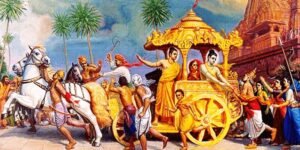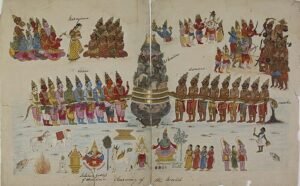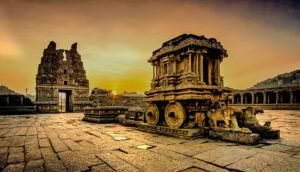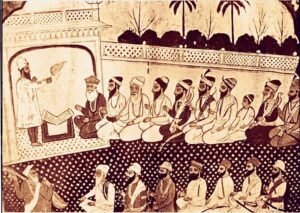Agni Devta: The God of Fire in Hinduism

Agni: Vedic Hindu God of Fire
Agni Devta, the Hindu god of fire, holds a central place in Vedic & Modern Day Hindu culture, symbolizing energy, transformation, and purification. In the ancient Vedic texts, Agni is described as one of the most important deities, acting as a divine messenger who bridges the gap between humans and gods. Fire is seen as a medium through which offerings are made to the gods, and Agni is the one who consumes these offerings and carries them to the heavens.
Key Aspects of Agni Devta:
- Messenger of the Gods: Agni is considered the divine intermediary between humans and deities. During rituals (Yajnas), offerings made into the sacred fire are believed to reach the gods through Agni. This makes him an essential figure in all Vedic ceremonies, including weddings, births, and funerals.
- Symbol of Transformation: Fire is a transformative element, and Agni represents this process of change. He not only transforms physical offerings into spiritual energy but also symbolizes inner transformation, purifying both body and soul.
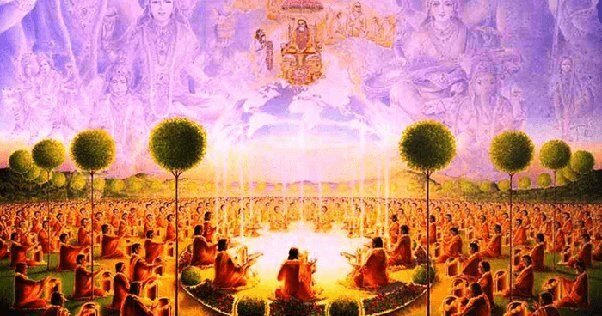
- Triple Form: Agni is believed to exist in three primary forms:
- Fire on Earth (used in rituals and daily life),
- Lightning in the Sky (a force of nature),
- The Sun in the Heavens (the ultimate source of light and warmth). These forms highlight Agni’s widespread presence and power across all levels of existence.
- Purification and Protection: Agni is associated with purity, as fire is often used to cleanse and purify both physical spaces and spiritual beings. He is invoked to burn away impurities and negative energies. In Hindu tradition, fire also acts as a protective force, warding off evil spirits and providing safety to those who worship him.
- Depiction: In Hindu iconography, Agni is often depicted with two faces (representing his destructive and creative aspects), seven hands, and riding a ram, symbolizing his power and swiftness. He is usually shown with flaming hair and a glowing complexion, further emphasizing his fiery nature.
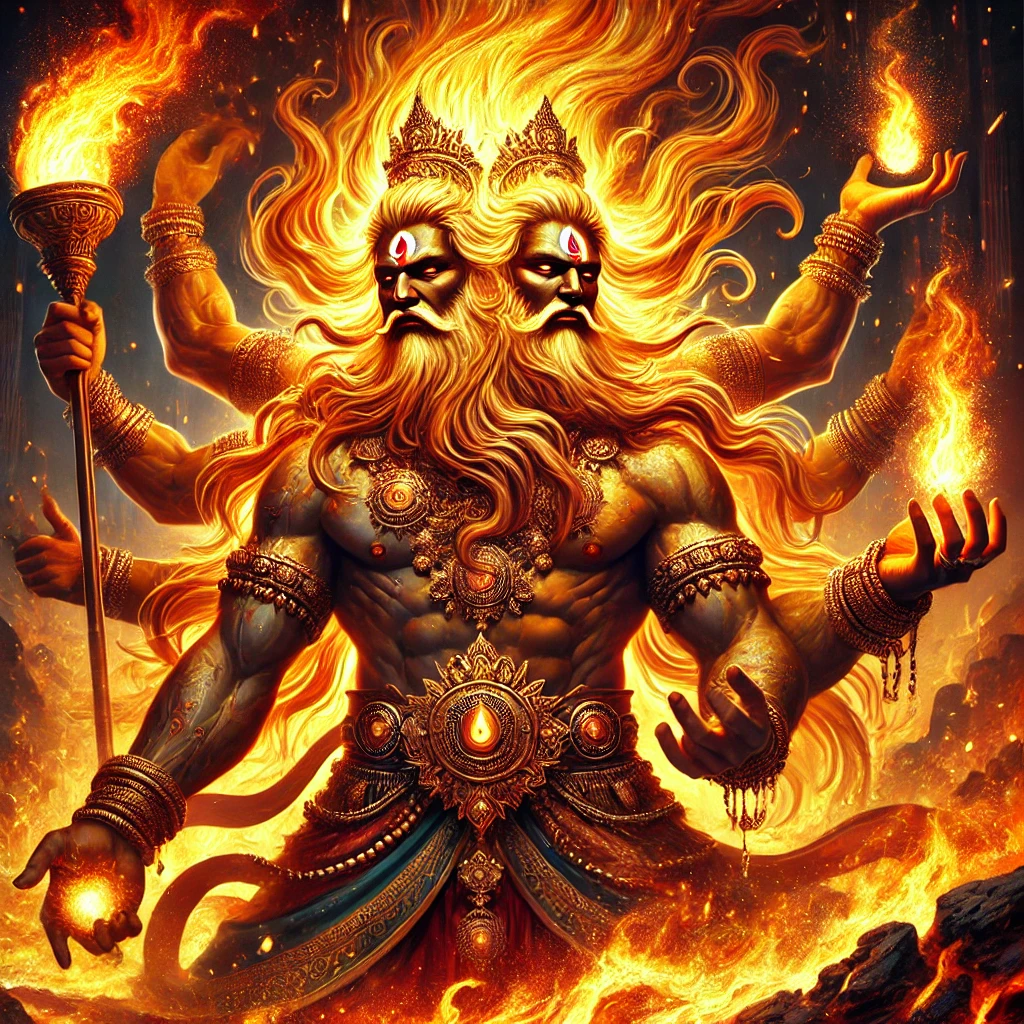
- Sustainer of Life: Fire is essential for survival, providing warmth, light, and the energy needed for daily life. Agni is seen as the sustainer of life, aiding in cooking, agriculture, and protection from cold and darkness. His role in providing these vital elements makes him a benevolent and revered deity.
Agni in Rituals and Worship
In Hindu rituals, the presence of Agni is indispensable. Whether it is a marriage ceremony where couples circle the sacred fire, signifying their eternal bond, or during cremation, where the body is returned to the elements, Agni plays a vital role. He is invoked to purify, protect, and guide souls in their spiritual journey.
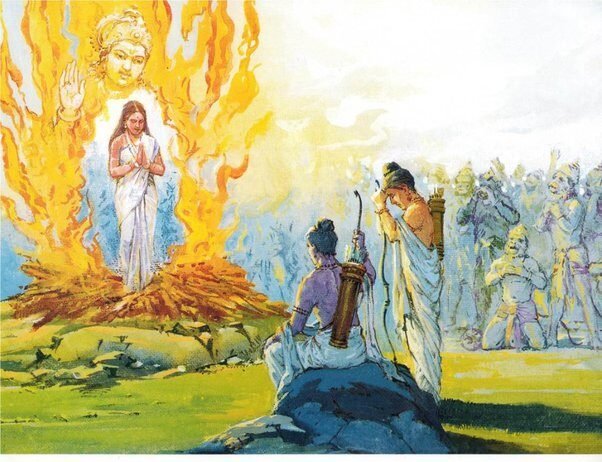
Conclusion
Agni Devta, the god of fire, is not just a symbol of flame but a multifaceted deity representing life, transformation, and the divine connection between the earthly and the spiritual. His presence in daily rituals and significant life events highlights his continued importance in Hindu culture. Through Agni, the material and spiritual worlds are intertwined, making him one of the most revered and enduring figures in Hindu mythology.


